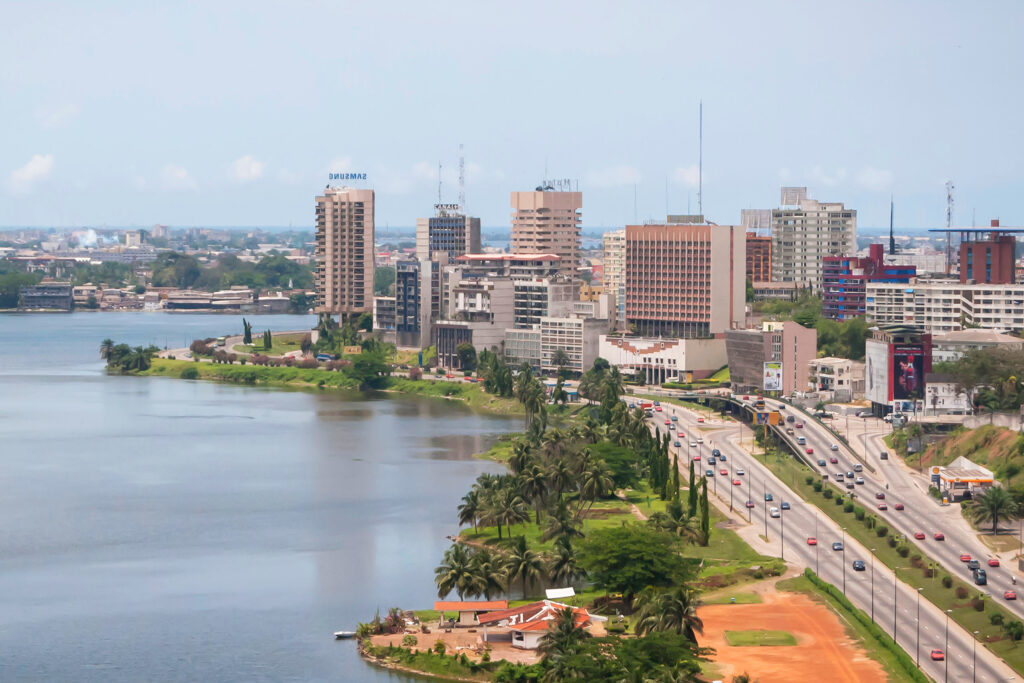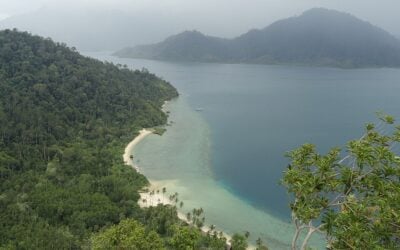
A lithium-ion battery energy storage system (BESS) made by Saft will be installed at a 37.5MWp solar PV power plant in Côte d’Ivoire (Ivory Coast).
It is the African country’s first-ever large-scale solar project and the batteries will be used to smooth and integrate the variable output of the PV modules for export to the local electricity grid.
Enjoy 12 months of exclusive analysis
- Regular insight and analysis of the industry’s biggest developments
- In-depth interviews with the industry’s leading figures
- Annual digital subscription to the PV Tech Power journal
- Discounts on Solar Media’s portfolio of events, in-person and virtual
Located in the city of Boundiali, the power plant will be owned by state-owned electricity management group CI-Energies and Saft has been contracted by Eiffage Énergie Systèmes, the France-headquartered engineering company executing the project.
Saft, also headquartered in France and owned since 2016 by French energy major TotalEnergies, will deliver a full turnkey system based on its Intensium Max containerised BESS units which it uses for all of its utility-scale battery projects.
That includes the 25MW/25MWh BESS at a TotalEnergies platform site in Carling, northern France, which Energy-Storage.news reported the completion of installation and commissioning at earlier this week. That was part of a portfolio of 129MW Saft is deploying for its parent company in France, including the country’s biggest BESS, at 61MW/61MWh in Dunkirk, also in northern France.
At the Boundiali site, six Saft Intensium Max units totalling 10MW/13.8MWh will be installed along with power conversion systems and medium voltage power infrastructure, the company said today. It also marks Saft’s first major project on the African continent.
The BESS is scheduled for commissioning by September this year.
With Côte d’Ivoire looking to double its installed energy generation capacity by 2030 from around 2229MW today, the Boundiali represents a first step towards solar making a contribution to that goal. The country’s government wants 42% of its energy to come from renewables by the end of this decade.
The batteries will rapidly charge or discharge as needed in line with the generation of the solar PV. It will create a generation profile which is equivalent to the power plant’s output averaged over 30 minutes and feed it into the grid.
CI Energies wants to use the project as a means to try out various other applications for battery storage on its networks, which could include ramp rate control, black starting power plants and local network infrastructure, frequency regulation and reactive power support.
Saft said the battery containers are designed to withstand the hot and dry winds the region experiences, as well as ambient air temperatures that sometimes reach 37°C in the semi-arid region.






